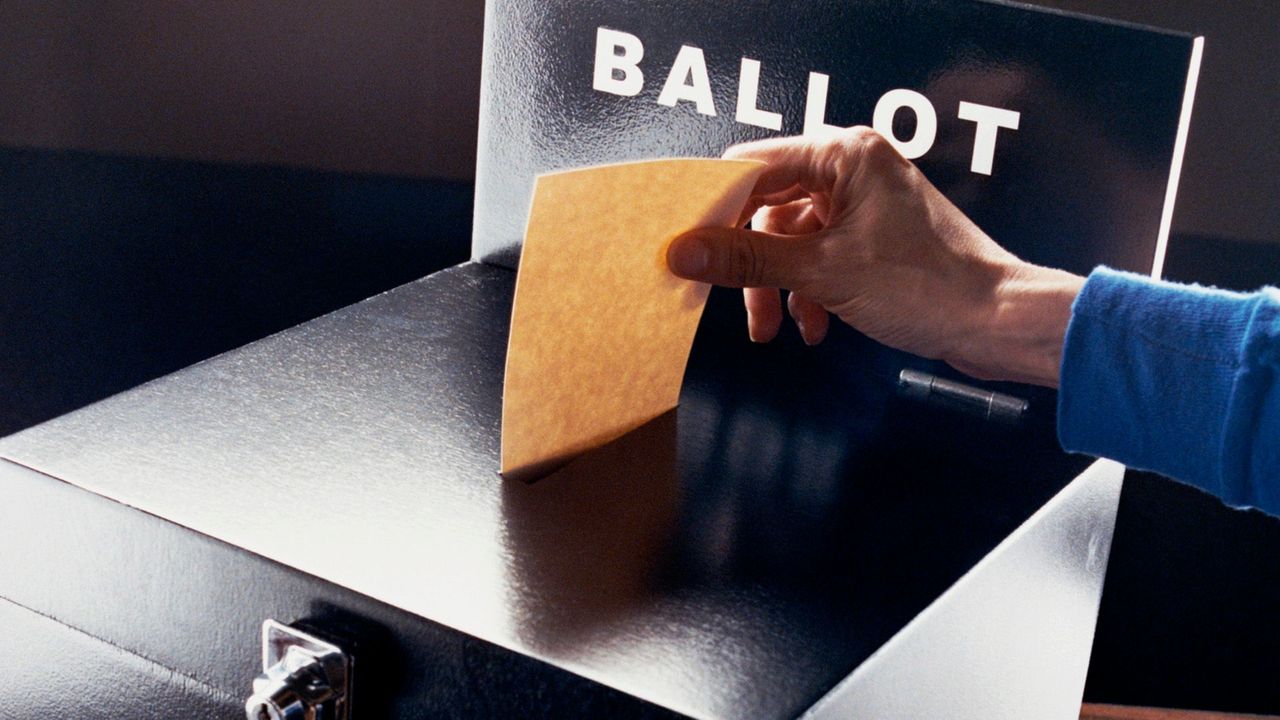
Inside the Mind of a Voter: What Drives Political Decisions Today?
Josh Shear – Understanding what drives political decisions has become more crucial than ever in a world where elections are increasingly influenced by emotions, algorithms, and unpredictable social currents. In 2025, voters are no longer solely defined by ideology or party loyalty they are shaped by a complex mix of media narratives, cultural shifts, personal values, and digital ecosystems. Peering into the psychology and behavior of the modern voter reveals a dynamic and, at times, unsettling portrait of democracy in flux.
As elections grow more polarized and voter turnout fluctuates dramatically across regions and age groups, the question lingers: what truly motivates someone to cast their vote a certain way? This article unpacks the psychological triggers, digital influences, and socio-cultural factors that now govern voter behavior more than traditional campaign strategies ever could.
At the heart of what drives political decisions, emotion plays a dominant role. Despite the common belief that voters make rational choices based on policies and facts, behavioral research consistently shows otherwise. Fear, anger, hope, and a sense of belonging often override logic at the ballot box.
Politicians and political marketers understand this well. Campaigns today are designed less to inform and more to resonate emotionally. Images of national pride, fears about immigration, anger over economic disparity, or hopes for generational change are all emotional hooks used to persuade. This emotional storytelling shapes not only how voters feel about candidates but also how they justify their choices after the fact.
Social media platforms are no longer just spaces for connection they are powerful drivers of political sentiment. Algorithms designed to increase engagement end up reinforcing existing beliefs, making it harder for users to encounter opposing viewpoints. This “filter bubble” effect creates an echo chamber where emotionally charged, partisan content spreads rapidly.
This is a key factor in what drives political decisions among digital-native voters. A video that sparks outrage or a tweet that fuels indignation can influence political opinions more than a televised debate. Platforms like TikTok, YouTube, and Instagram have become political battlegrounds, especially for younger demographics, where influencers and meme culture can sway public perception faster than news outlets.
Another layer that drives voter behavior today is identity. Race, gender, religion, sexual orientation, and regional background all shape how individuals perceive political candidates and platforms. People are more likely to support leaders who reflect aspects of their identity or claim to champion their cause.
Identity politics isn’t new, but in today’s climate, it has become more personal and more vocal. Representation has shifted from being a symbolic matter to a substantive political demand. Voters don’t just want to be heard they want to see themselves in power. This has led to more diverse political candidates emerging globally, appealing to a wide range of identity-based voter blocs.
Though emotional and identity-based triggers are influential, financial well-being remains a timeless factor in what drives political decisions. Economic anxiety, especially in the wake of inflation, job automation, and rising living costs, is fueling political frustration around the world.
Interestingly, the perception of economic insecurity is often more influential than actual data. A voter who feels financially unstable even if statistics say otherwise is more likely to support populist or radical candidates promising upheaval. In 2025, the language of economic empowerment, anti-elitism, and wage fairness remains a potent political tool.
Voters today face an overwhelming amount of information—and misinformation. Trust in mainstream media is declining in many parts of the world, leading people to seek alternative sources, including independent bloggers, YouTube analysts, and even conspiracy forums.
This distrust, combined with cognitive overload, has led to what psychologists call “cognitive shortcuts” in decision-making. Instead of parsing complex policy documents, voters simplify their choices through familiar narratives, emotional cues, or endorsements by personalities they trust. This makes clarity, relatability, and consistency more effective in campaigns than raw policy depth.
Humans are social creatures, and even in the political realm, they seek validation from their communities. Conversations at the dinner table, group chats, religious congregations, or even neighborhood Facebook groups often influence individual voting choices more than national campaigns.
This phenomenon, called social proof, shows that many people vote not based on private convictions but on perceived group consensus. In close-knit circles, deviating from the political norm can feel risky or isolating. Understanding this helps explain both grassroots movements and sweeping political shifts in unexpected areas.
As we look forward, what drives political decisions will likely evolve alongside technological and societal changes. Artificial intelligence, deepfake technology, virtual reality campaigning, and biometric data may soon play roles in how citizens engage with politics. While these tools offer opportunities for deeper engagement, they also raise ethical questions about manipulation and consent.
At the same time, there’s a growing appetite for authenticity. Voters are increasingly demanding transparent leadership, real-time dialogue, and participatory politics that go beyond the ballot box. The future may not just belong to the loudest campaign but to the most trusted voice.
Understanding what drives political decisions in today’s world is a complex but essential task. It’s no longer just about who promises what it’s about emotion, identity, media, economy, and influence. In the end, every voter is a product of their personal story filtered through the noise of a digital world. And until we fully acknowledge the layers shaping these decisions, we risk oversimplifying the most fundamental expression of democracy.
This website uses cookies.